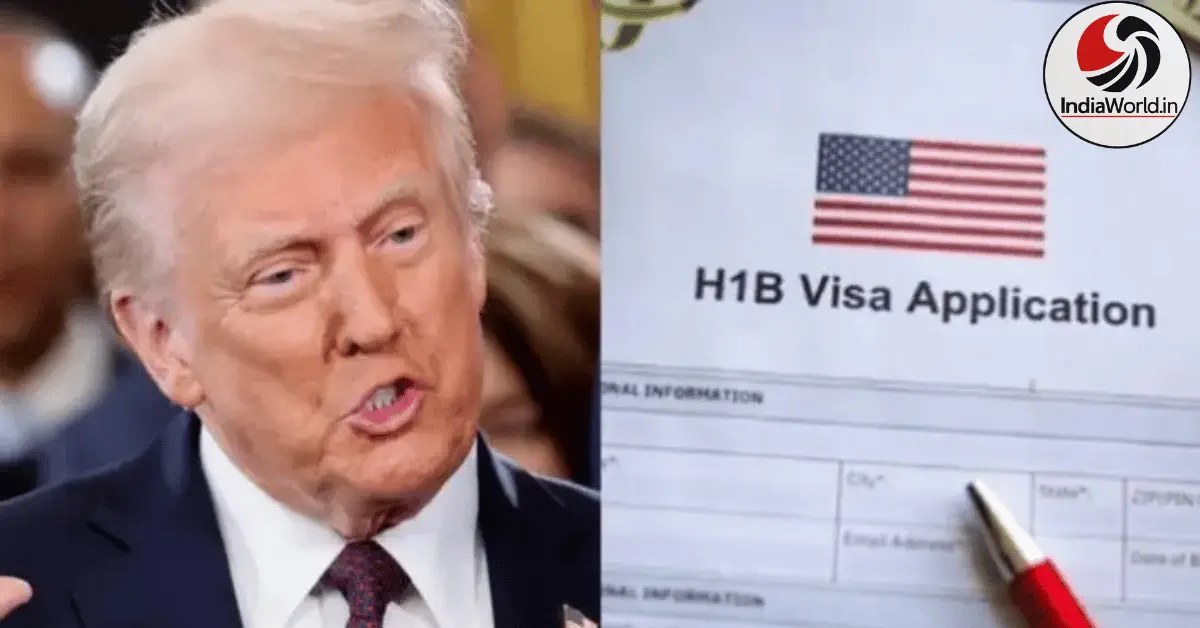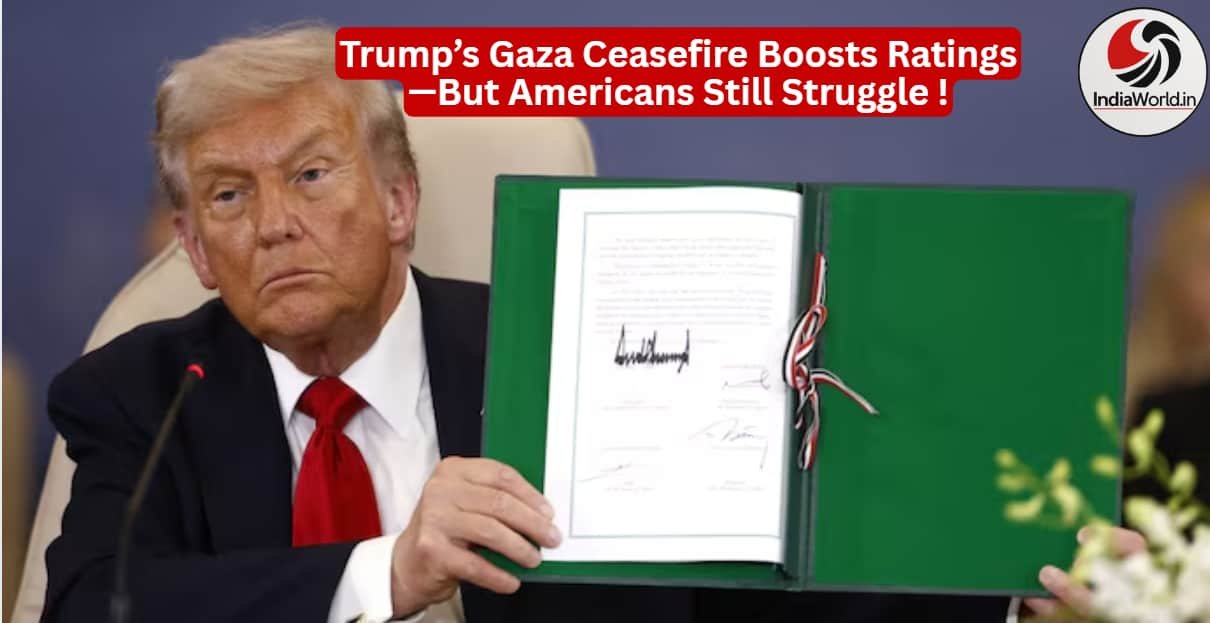How Trump’s $100K H-1B Visa Fee Impacts U.S. Tech Hiring and Indian IT Firms | California, USA
The Trump administration’s new $100,000 H-1B visa fee is shaking up the global tech industry. Major companies like Infosys, TCS, Amazon, and Cognizant now face billions in added costs, forcing a major rethink in hiring strategies, offshore operations, and employee career paths. This policy could reshape how Indian IT firms operate in the U.S., while also limiting opportunities for students and junior employees seeking American work experience.
What Is the $100K H-1B Visa Fee?
In a bold move, President Donald Trump has introduced a $100,000 annual fee for every H-1B visa application—whether it’s a new hire or a renewal. This fee applies per worker, per year, and is set to hit companies that rely heavily on foreign talent the hardest.
For Indian IT giants like Infosys, TCS, and Wipro, this policy could mean hundreds of millions in additional expenses. Even U.S.-based tech leaders like Amazon, Google, and Microsoft aren’t spared.
Who Pays What? Breakdown of Projected Costs
Here’s how the numbers stack up for the top 20 companies based on 2024 H-1B approvals:
| Rank | Company | Approved H-1B Petitions | Projected Annual Cost |
|---|---|---|---|
| 1 | Amazon | 3,871 | $387.1 million |
| 2 | Cognizant | 2,837 | $283.7 million |
| 3 | Infosys | 2,504 | $250.4 million |
| 4 | TCS | 1,452 | $145.2 million |
| 5 | IBM | 1,348 | $134.8 million |
| … | … | … | … |
| 20 | Wipro | 609 | $60.9 million |
Total projected cost for the top 20 companies: $2.52 billion annually.
Impact on Indian IT Firms
Indian IT firms are among the biggest users of the H-1B program. These companies send thousands of engineers and consultants to work on-site in the U.S. But with the new fee, they’ll need to rethink their entire strategy.
Key Consequences:
- Reduced On-Site Staffing: Only senior or critical roles may justify the $100K fee.
- Accelerated Offshoring: More work will shift back to India via Global Capability Centres (GCCs).
- Limited Career Growth: Junior employees may lose chances for U.S. assignments and green card sponsorship.
- Margin Pressure: Increased costs could hurt profitability and stock performance.
What This Means for Employees
For young engineers and mid-level professionals, this policy could be a major setback. The dream of working in the U.S. may now come with a price tag of ₹88 lakh per year (based on ₹88/USD exchange rate). Companies will be forced to ask: is any single role worth that much?
Expect more remote work, fewer visa sponsorships, and a shift toward hiring U.S. citizens for local roles.
American Viewpoint
The $100,000 H-1B visa fee proposed by President Trump is sending shockwaves through Silicon Valley and beyond. For American tech companies, this policy could mean fewer skilled workers, higher operational costs, and slower innovation. While the intention is to prioritize domestic hiring, the reality is more complex—especially for firms like Amazon, Google, and Microsoft that rely on global talent to stay competitive. At the same time, Indian IT firms like Infosys and TCS may be forced to scale back their U.S. presence, reshaping the tech landscape in cities like San Jose, Austin, and Seattle.
Negative Policies Affecting Students and Employees Under Trump
Trump’s administration has introduced several policies that have negatively impacted students and employees, especially international ones:
1. ❌ Crackdown on International Students
- Universities like Stevens Institute had to lay off staff due to reduced international student enrollment.
- Visa restrictions discouraged foreign students from applying to U.S. colleges.
- Revoked student visas for minor infractions or participation in protests.
2. 🛑 DEI Program Rollbacks
- Executive orders dismantled Diversity, Equity, and Inclusion (DEI) initiatives across federal agencies and universities.
- Federal funding was cut for race and gender-based programs, affecting marginalized student groups.
3. 📉 Budget Cuts in Education
- Research programs like the Research Experience for Undergraduates faced funding slashes.
- Graduate programs were targeted for budget cuts, disproportionately affecting low-income and first-generation students.
4. 🧾 Immigration Enforcement on Campuses
- ICE presence on campuses increased, raising fears among undocumented and international students.
- Visa revocations and deportation threats became more common, especially for students labeled as “Hamas sympathizers” under new executive orders.
Final Thoughts
Trump’s $100K H-1B visa fee is more than just a financial burden—it’s a strategic shift that could reshape global tech hiring. Indian IT firms must adapt quickly, and employees—especially junior ones—may need to rethink their career paths. Meanwhile, students face a more hostile environment with fewer opportunities and more restrictions.
Whether this policy achieves its intended goals or not, one thing is clear: the landscape of global talent mobility is changing fast.




